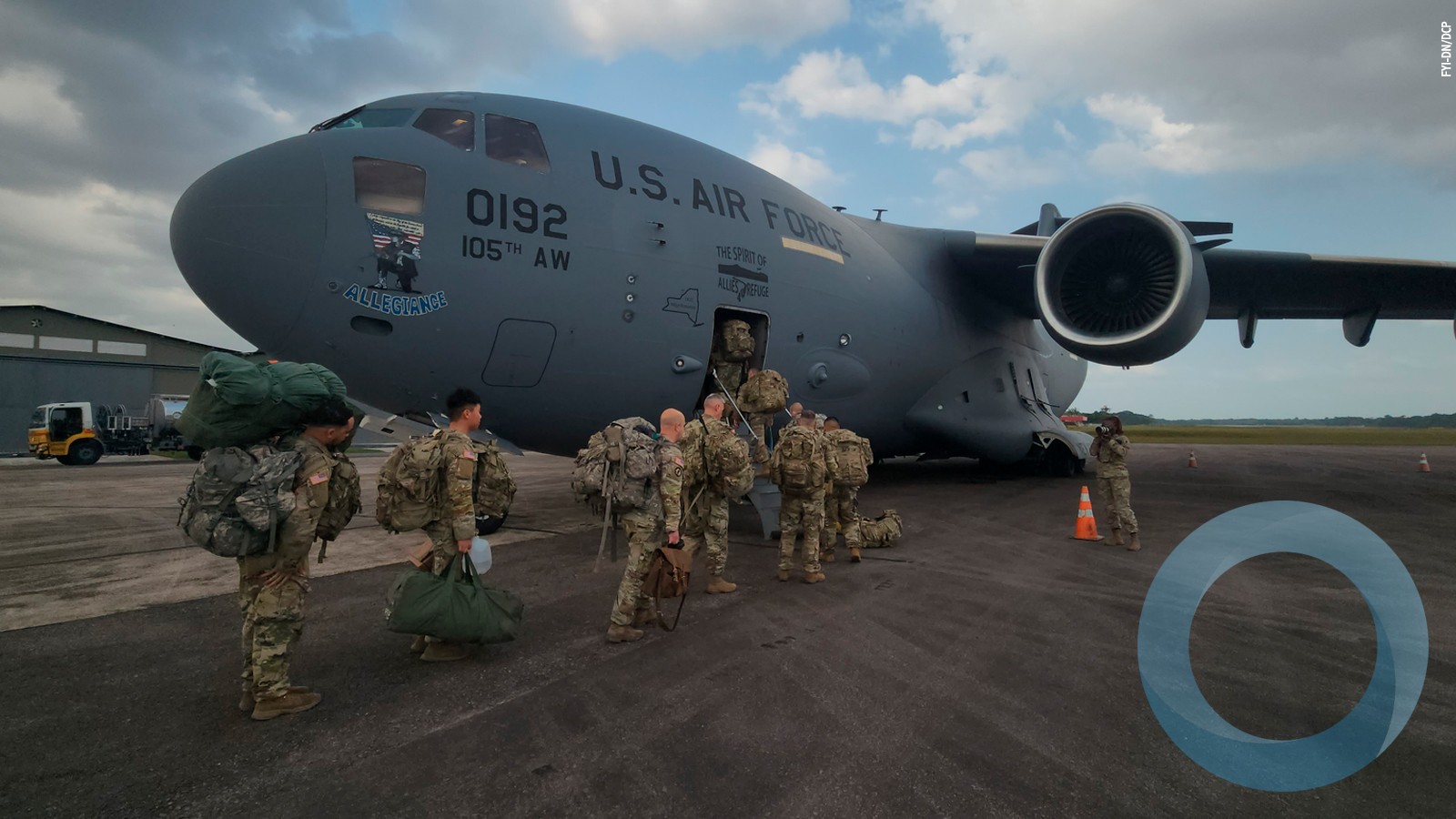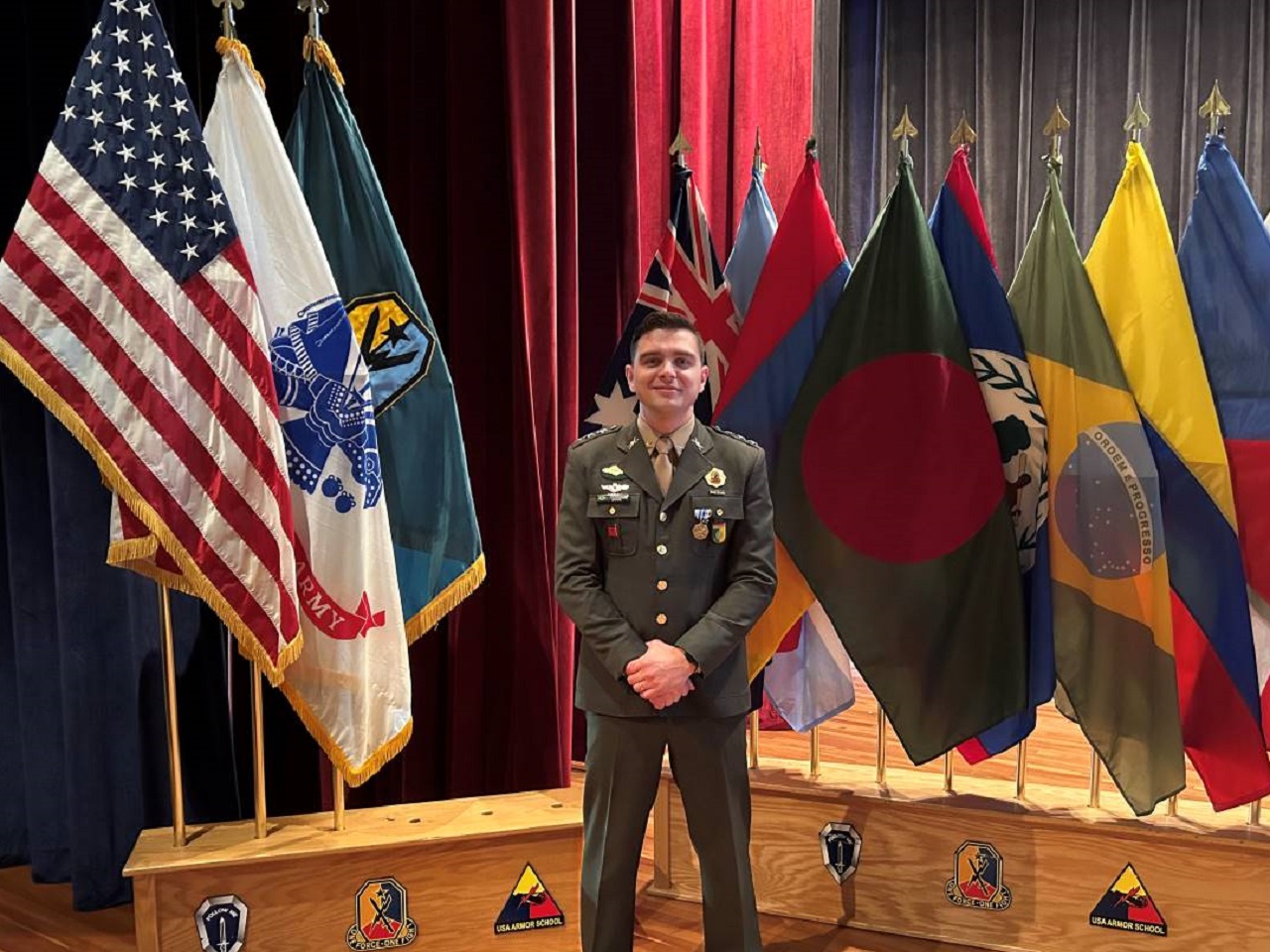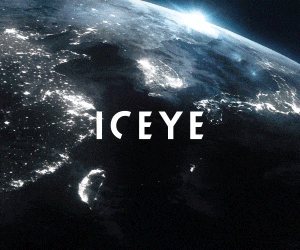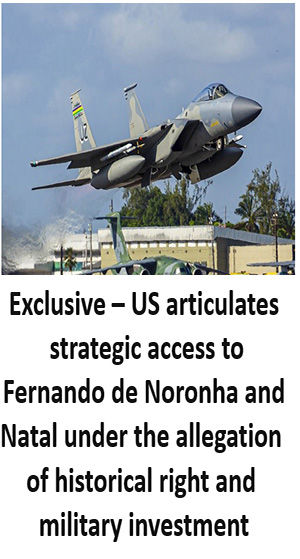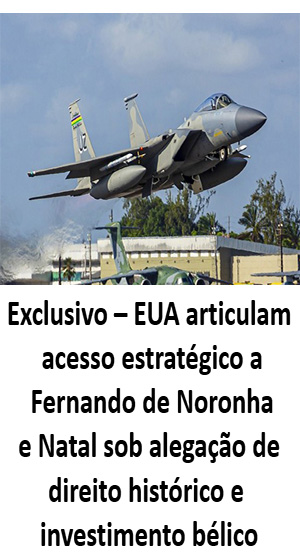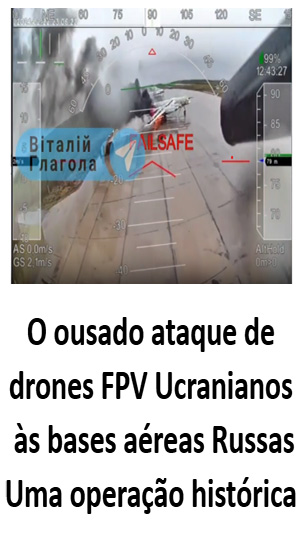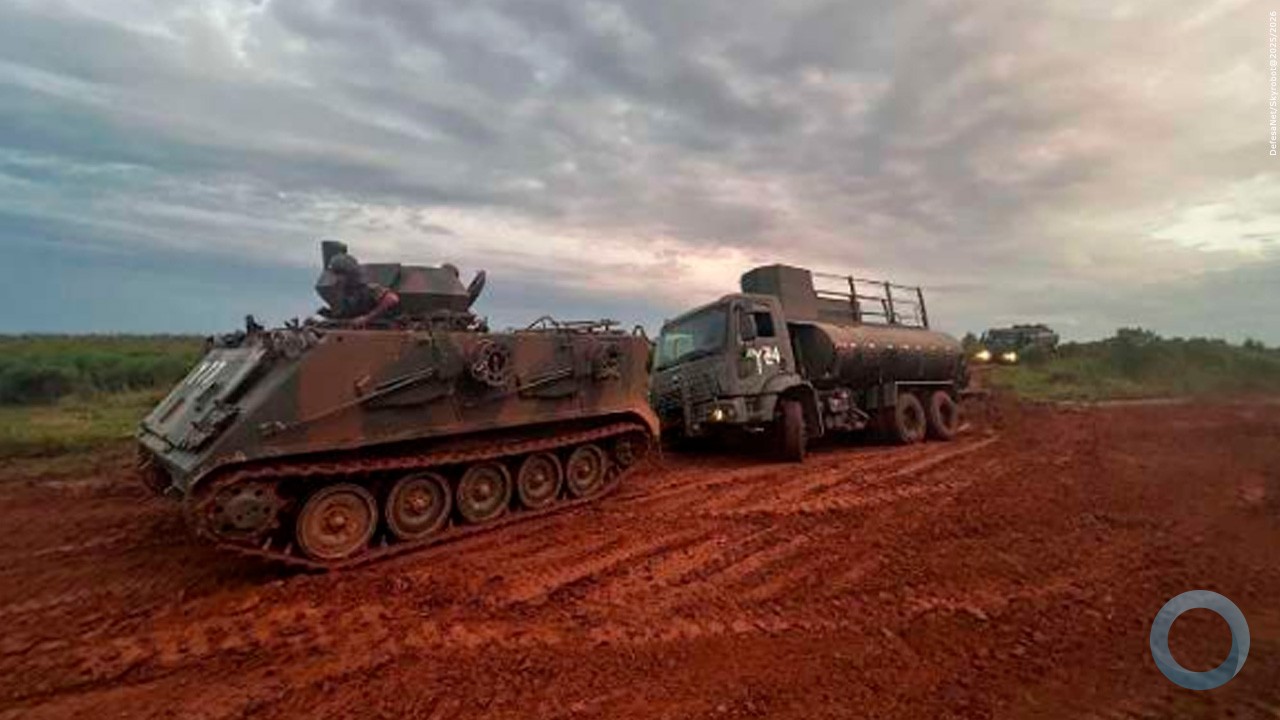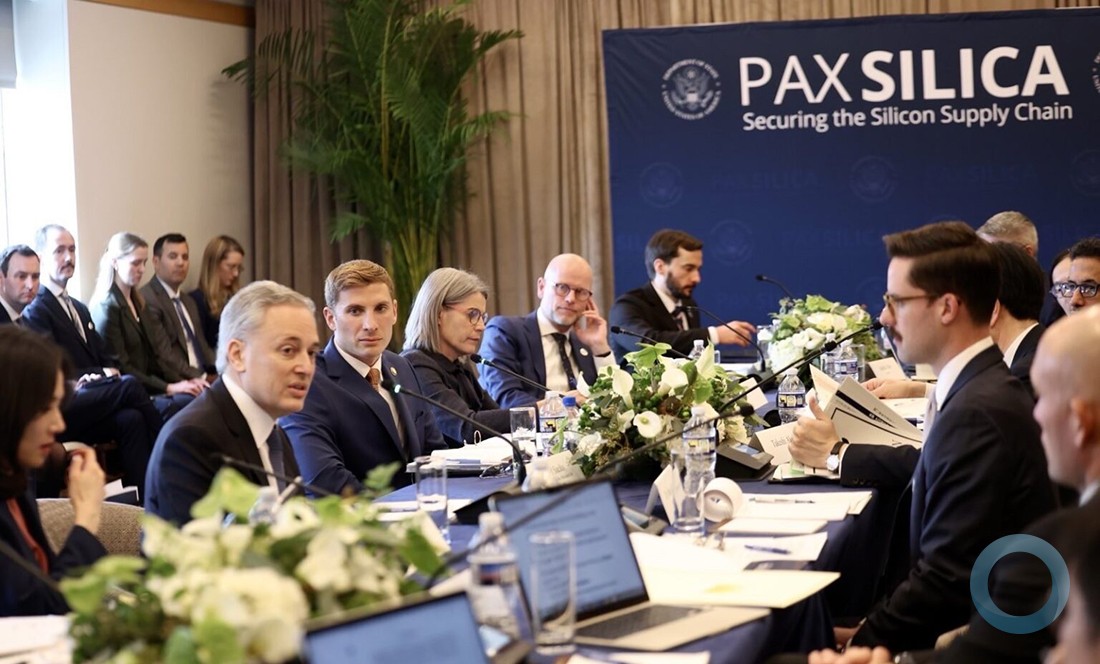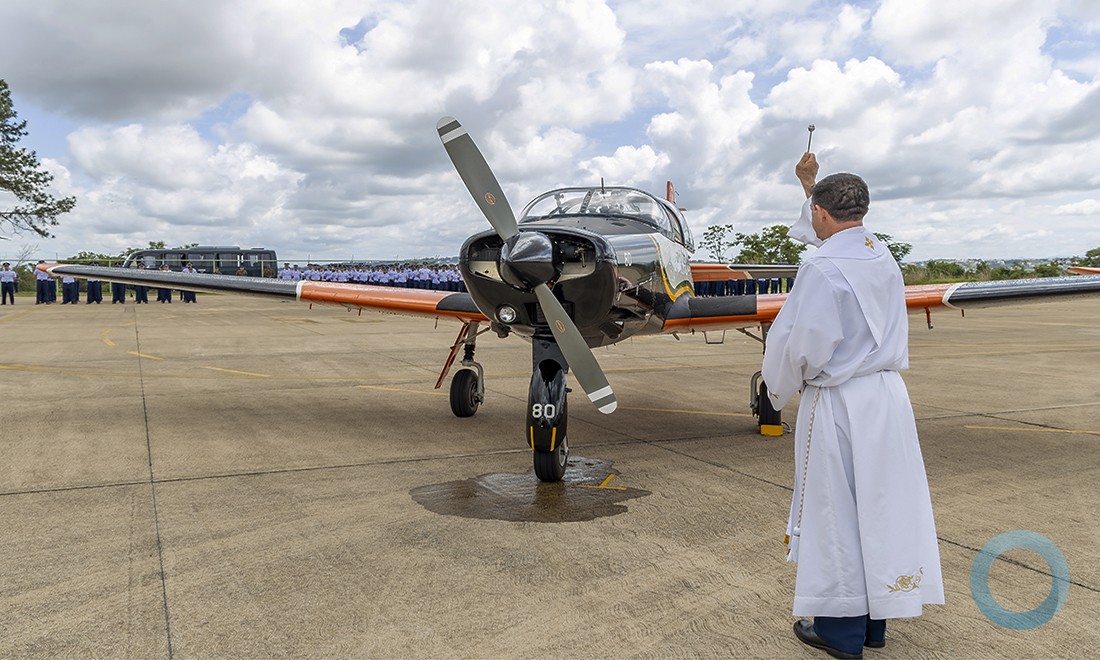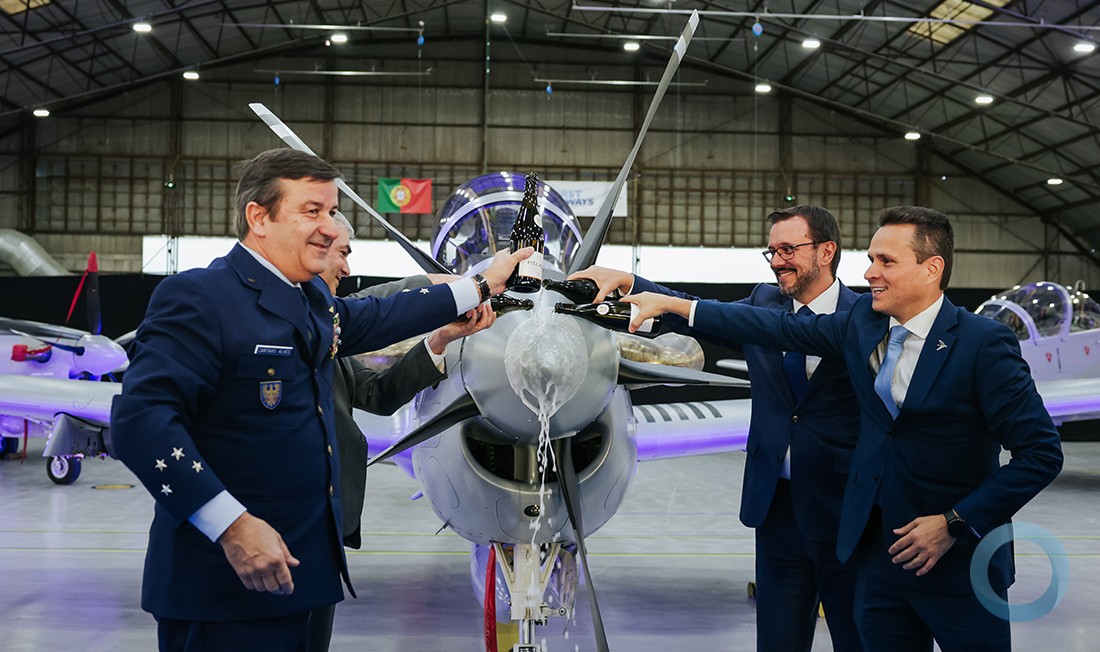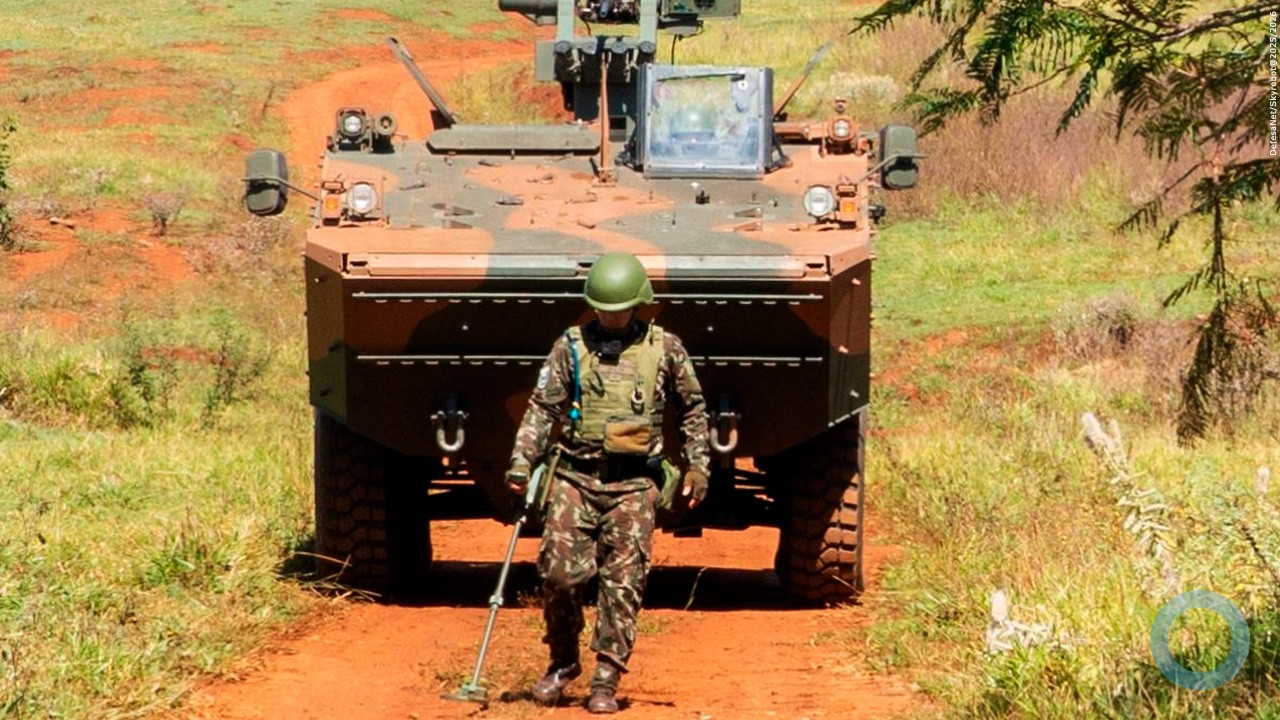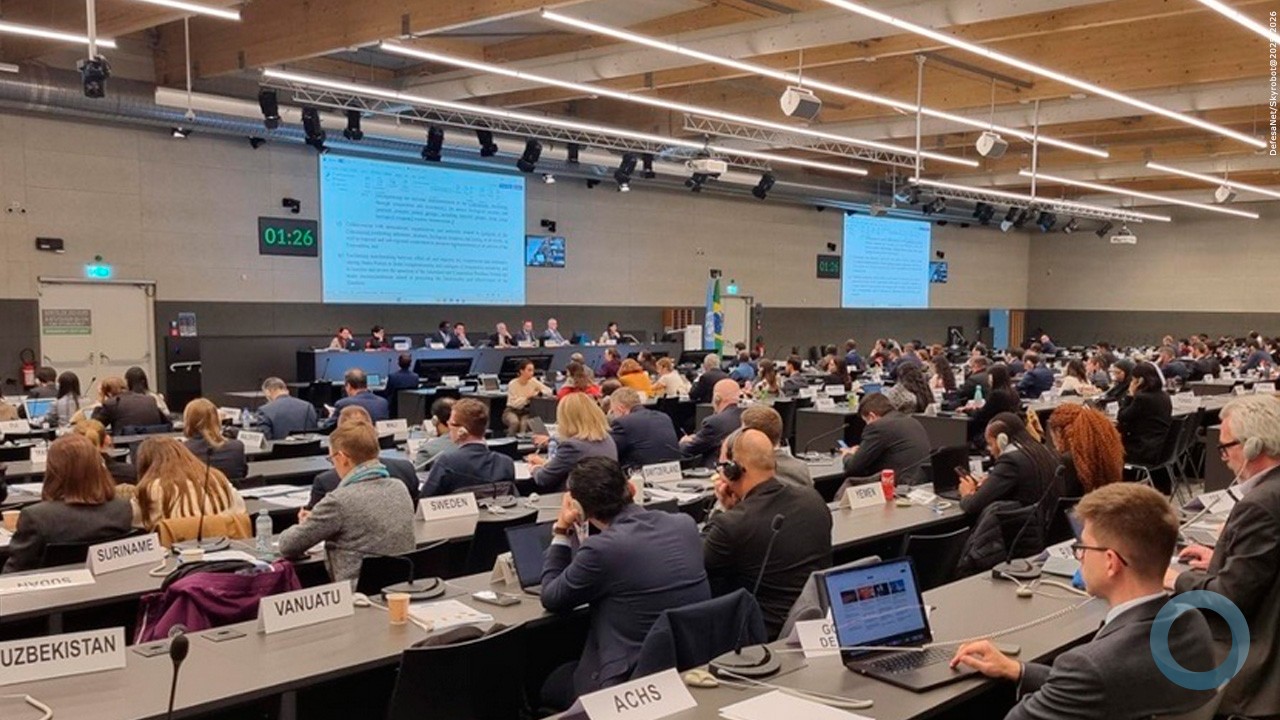|
Note DefesaNet Portuguese text access: Bastidores LAAD Defence & Security 2019 II – Exclusivo – A Visão Americana Link Editor |
William “Bill” Popp the Chargé d’Affaires, a.i., of the U.S. Mission to Brazil answered some DefesaNet questions. Former Ambassador Michael Mckinley, was called to Washington DC, to act as special advisor to US State Secretary Mike Pompeo, at the second Semester 2018. (DefesaNet Note – with relevant participation in the North Korea negotiations).
Diplomat William Popp explained with more details to DefesaNet, The Major Non-NATO Ally (MNNA) designation by United States government.
DefesaNet thanks to US Embassy Press Officer Mr. Mark A Pannell by attention and support.
DefesaNet – How does the U.S. Government see the designation of Brazil as an Extra NATO Preferred Ally?
William Popp – The Major Non-NATO Ally (MNNA) designation is a unilateral U.S. decision that identifies our top, strategic defense partnerships. Brazil is only the second country to receive MNNA designation in the Western Hemisphere. MNNA reinforces the strong bilateral defense relationship between the United States and Brazil.
DefesaNet – What actions can be taken in the military area after this indication?
William Popp – Designation of the MNNA status reinforces the strong bilateral defense relationship between the United States and Brazil by helping support aligned defense planning, procurement, and training. Some of the advantages of Major Non-NATO Ally status include collaboration on the development of defense technologies; privileged access to the U.S. defense industry; and increased joint military exchanges, exercises, and trainings as well as special access to military equipment financing.
DefesaNet – And in the political field?
William Popp – We underscore the importance the United States places on the rich, multifaceted relationship we enjoy with Brazil, as underscored by the recent visit of President Bolsonaro to Washington and conclusion of multiple, new agreements and partnership areas. We look forward to continuing to work together to strengthen that relationship, including on ways to stimulate economic growth and create jobs in both countries and on our shared commitment to promoting security, democracy, and human rights.
The future for our political and military cooperation is bright. We will continue to seek ways to cooperate and complement each other’s strengths.
DefesaNet – Is it necessary for the American Senate to approve this indication or is it automatic? Also for the Technology Safeguards Agreement (TSA)?
William Popp – Designation as a Major Non-NATO Ally (MNNA) is a decision made by the President of the United States that provides a long-term framework for our security and defense cooperation. It does not require ratification by the U.S. Senate or Congress.
On March 18, the Government of the United States of America and the Government of the Federative Republic of Brazil signed the Agreement on Technology Safeguards Associated with U.S. Participation in Launches from the Alcantara Space Center (TSA). For the United States, the Agreement is an executive agreement, and does not require U.S. Congressional approval. For Brazil, the approval of its Congress is required.
DefesaNet – What complementary actions are open to the two countries in the industrial and technological fields after this designation?
William Popp – The defense industry is a key driver of technological development and economic growth. Brazilian and American defense companies are already cooperating but could be doing more in this regard.
As the two largest democracies and economies in the Western Hemisphere, the United States and Brazil have much in common and much to gain by working together. This is particularly true in the defense sector – a critical incubator for innovative technology, high-paying jobs, and economic growth.

General Mike Plehn, Deputy Commander US SOUTHCOM, with Tenente-Brigadeiro-do-Ar Baptista Júnior, Chief Joint Operations Branch Brazilian Minister of Defense. Photo – US Consulate RJ
DefesaNet – Will the BOEING – EMBRAER agreement benefit from this action by the US government? Will it affect the Super Tucano and Joint Venture projects for the KC-390?
William Popp – The Boeing – Embraer agreement is a commercial transaction and will not be affected by the MNNA status designation nor the TSA.
The TSA itself is a part of the enabling environment to pursue a launch into space with U.S. technology. The TSA will unlock bilateral commercial cooperation in a range of advanced technologies related to space, including satellites, and thereby provide immense economic opportunities for Americans and Brazilians.
DefesaNet – What would you like to add?
William Popp – Encouraging cooperation between our defense industries is a top priority. In 2016, we launched the Brazil-U.S. Defense Industry Dialogue (DID) – convening leaders of important Brazilian and U.S. defense firms together with political leadership and technical experts from both governments and militaries, to discuss partnership opportunities. The DID just took place in Rio de Janeiro, followed by the LAAD Defense and Security International Exhibition.
The U.S. seeks to broaden and deepen our defense partnership with Brazil.
We bring vast operational experience, proven technology, and outstanding value in our defense cooperation. Much of this technology and expertise is on display at LAAD this year. Thirty-six U.S. firms are exhibiting at the show, representing the largest international representation at the show.
Additional Report







